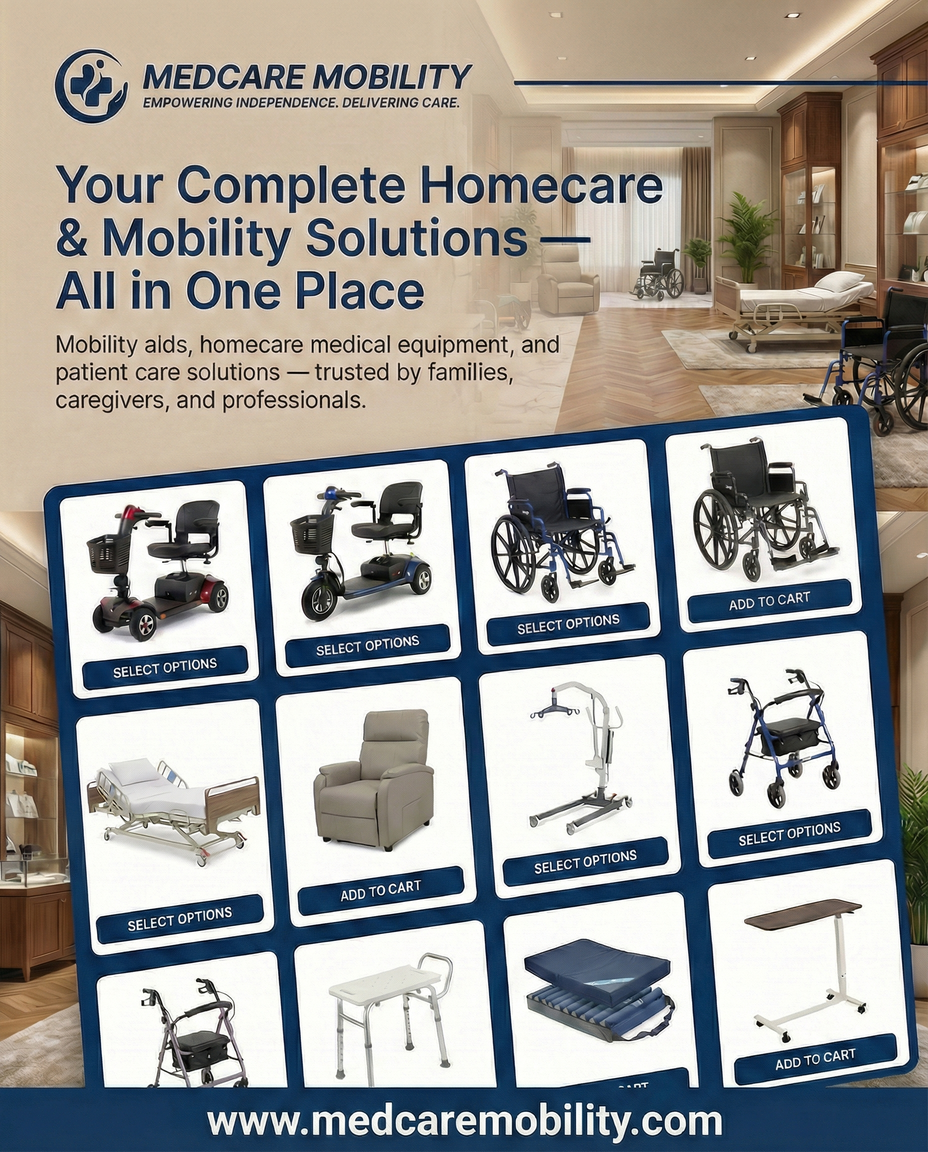Recent research has unveiled a concerning link between shingles (herpes zoster) and an elevated risk of cognitive decline. This study highlights potential long-term implications for those who have experienced shingles, underscoring the importance of addressing this connection in both clinical practice and public health strategies.
The Study and Its Findings
A groundbreaking study published in The Journal of Neurology in March 2024 has revealed that individuals who have had shingles may face a higher risk of cognitive decline compared to those who have not experienced the infection. This comprehensive study analyzed data from over 100,000 participants across multiple health databases, providing substantial evidence of this association.
Key Findings:
- Increased Risk of Cognitive Decline: The study found that individuals with a history of shingles had a 30% increased risk of developing cognitive impairment and dementia-related conditions, such as Alzheimer’s disease, compared to those without a shingles history.
- Age and Duration Factors: The risk of cognitive decline was particularly pronounced in older adults, especially those over the age of 65. The study also noted that individuals who experienced shingles at a younger age, particularly before 50, were at an increased risk of long-term cognitive issues.
- Mechanisms Under Investigation: Researchers are exploring several mechanisms that could explain this connection. These include the potential for chronic inflammation caused by the shingles virus to impact brain function and the role of the immune response in cognitive health.
Statistical Evidence:
- According to the study, among the 30,000 participants who had a history of shingles, approximately 12% developed significant cognitive decline over a 10-year follow-up period, compared to 9% among those without shingles.
- Additionally, individuals with shingles were found to have a 25% higher likelihood of being diagnosed with dementia-related conditions within five years of their shingles diagnosis.
Implications for Public Health and Clinical Practice
The study’s findings have significant implications for both public health and clinical practice:
- Increased Awareness: Health professionals are urged to be aware of the potential long-term cognitive risks associated with shingles. Patients who have had shingles should be monitored for signs of cognitive decline, and early interventions may be necessary to manage or mitigate these risks.
- Vaccination Recommendations: The findings may also impact vaccination strategies. The study reinforces the importance of the shingles vaccine, particularly for older adults, as a preventive measure to reduce the risk of shingles and its associated long-term health effects. The Centers for Disease Control and Prevention (CDC) recommends that adults aged 50 and older receive the shingles vaccine to prevent the disease and its complications.
- Further Research: The study highlights the need for further research to understand the mechanisms underlying the link between shingles and cognitive decline. Future studies will be crucial in developing strategies to address and mitigate these risks.
Resources for Further Information
For those interested in learning more about shingles, cognitive health, and preventive measures, several resources are available:
- CDC Shingles Vaccine Information: CDC Shingles Vaccination
- Alzheimer’s Association: Understanding Cognitive Decline
- National Institute on Aging: Cognitive Health and Aging
Conclusion
The recent study linking shingles to an increased risk of cognitive decline underscores the importance of understanding and addressing the long-term implications of this common viral infection. By increasing awareness, promoting vaccination, and supporting further research, healthcare providers and public health officials can work together to manage and reduce the risks associated with shingles and its potential impact on cognitive health.
References
- The Journal of Neurology, March 2024. Shingles and Cognitive Decline: A Comprehensive Study.
- Centers for Disease Control and Prevention (CDC). Shingles Vaccination Recommendations.
- Alzheimer’s Association. Understanding Cognitive Decline and Dementia.
- National Institute on Aging. Cognitive Health and Aging.

